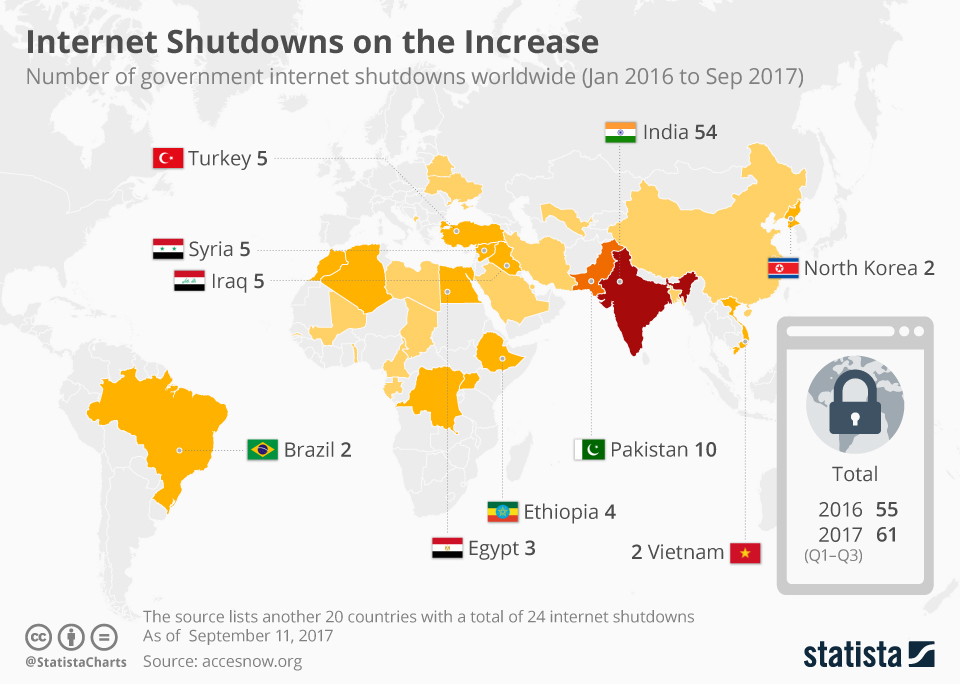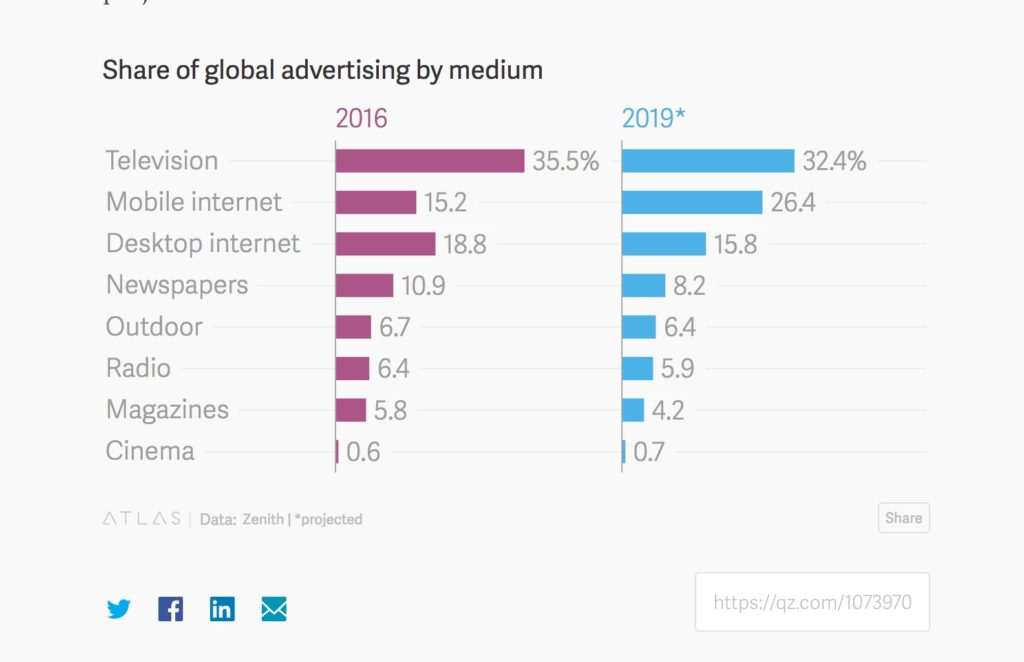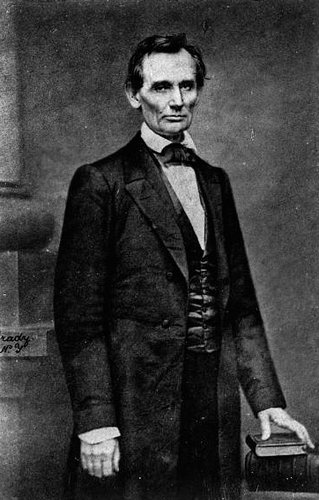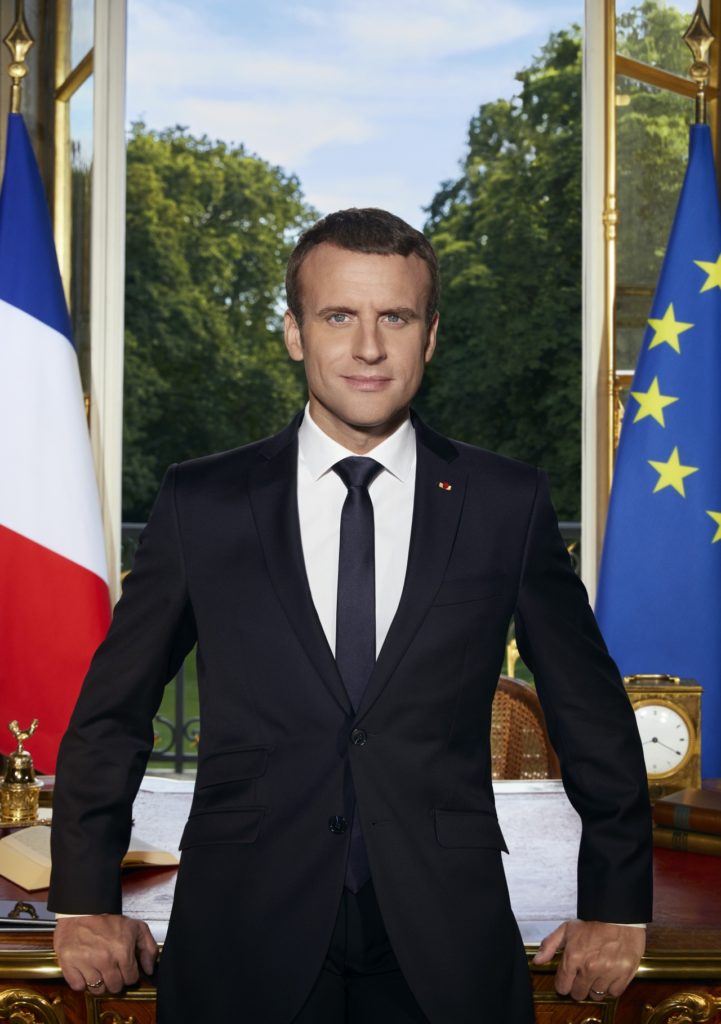Political theatre in Washington
This morning’s Observer column:
Summing up: the companies have no incentive to change their ways. And there’s no real political will in the US to make them. All of which perhaps explains why Mark Zuckerberg wasn’t on Capitol Hill but in China to meet the great Thought Leader Xi Jinping. Now there’s a politician worth sucking up to.
Rose-tinted lens
Shot with the DxO this afternoon.
Google+ is a social network? No way, says Google
Lovely NYT report today:
SAN FRANCISCO — After years of trying unsuccessfully to build a social network to rival Facebook, Google finally got something out of all of its failures: cover.
Members of Congress grilled the executives of Google, Facebook and Twitter this week in a trio of hearings focused on the role that social media played in advancing a Russian disinformation campaign before the 2016 election. Google’s representative at two of the hearings, Kent Walker, the company’s general counsel, made a point of distinguishing the search giant from its internet brethren. Repeatedly and unequivocally, he answered questions at the hearings by saying, “We’re not a social network.”
Tech companies have taken a pounding in the court of public opinion in recent months. In the eyes of their critics, they have become too big, too powerful and too unmindful of their influence. And this week’s congressional hearings cast added and unflattering light on the industry’s growing embarrassment over the Russian election meddling.
Funny the way ‘social’ has suddenly become toxic.
Democracy as an ecosystem
Marvellous Guardian OpEd by Rafael Behr. Here’s the nub of it:
Inability to accept that truth and justice operate independently from the person who wields power is the essence of Trump’s unfitness for office. It is what makes him not just intellectually incapable of doing the job, but morally hostile to American political tradition. Elections, parliaments and courts are the necessary apparatus of democracy. But, as I witnessed in Chechnya, they can be quickly assembled in flatpack form. Russia’s constitution promises political rights that have no bearing on Vladimir Putin’s governing methods. The 1936 Soviet constitution guaranteed elections and a free press. It did not inhibit Stalin’s atrocities.
Democracy can be enshrined in words but it thrives through an accumulated culture and habit of honouring those words. It is an ecosystem, like a coral reef that is marvellous not just because of its solid structures but because of the diverse flora and fauna they host – the competition for resources, the interaction of predator and prey, all sustained in delicate equilibrium.
Spot on. Reminds me of something Ralf Dahrendorf wrote in 1989 in Reflections on the Revolution in Europe, where he talked about democracy being a pretty fragile plant which grows only in certain, well-prepared soils.
Quote of the Day
“On the Internet, nobody knows you’re a Russian”
The truth about advertising
The camera always lies
Lovely photograph of Abe, looking statesmanlike. It was taken by Mathew Brady, a celebrated photographer of the Civil War era. I found it in Errol Morris’s review of Peter Manseau’s The Apparitionists: A Tale of Phantoms, Fraud, Photography, and the Man Who Captured Lincoln’s Ghost. Here’s what Morris writes about the picture:
“Lincoln did not look much like a statesman as he stood in Brady’s posing room. The photographer drew up Lincoln’s collar to shorten the appearance of his neck, and determined that he could put his artists to work taming Lincoln’s hair after the image had been developed. They also might smooth the crags in his face — whatever might be done to make him appear more presidential. As a final touch, Brady placed Lincoln’s hand on a book, as if the senator were already taking the oath of office.”
Now, of what does this remind me? Oh yes, Emmanuel Macron and the care he took over his presidential portrait (the one that hangs in every Mairie in France.
Lovely analysis of the semiotics of this photograph here.
Facebook’s biggest ethical dilemma: unwillingness to acknowledge that it has one
There are really only two possible explanations for the crisis now beginning to engulf Facebook. One is that the company’s founder was — and perhaps still is — a smart but profoundly naive individual who knows little about the world or about human behaviour. The other is that he is — how shall I put it? — a sociopath, indifferent to what happens to people so long as his empire continues to grow.
I prefer the former explanation, but sometimes one wonders…
Consider Free Basics — the program to bring Internet access to millions of people in poor countries. It works by having Facebook pre-installed on cheap smartphones together with deals with local mobile networks that traffic to the Facebook app will not incur any data charges.
The cynical interpretation of this is that it’s a way of furthering Zuckerberg’s goal of replacing the Internet with Facebook, creating the ultimate global walled garden. The charitable spin is the one Zuckerberg himself put on it — that Free Basics provides a way to connect people who would otherwise never go online.
Either way, the effects were predictable: new users in these countries think that Facebook is the Internet; and Facebook becomes the major channel for news. The NYT has a sobering report on what happened in Myanmar, where Facebook now has millions of users.
“Facebook has become sort of the de facto internet for Myanmar,” said Jes Kaliebe Petersen, chief executive of Phandeeyar, Myanmar’s leading technology hub that helped Facebook create its Burmese-language community standards page. “When people buy their first smartphone, it just comes preinstalled.”
But since the company took no editorial responsibility for what people used its service for, when it transpired that it was being used to stir up ethnic hatred and worse, it seemed unable to spot what was happening. “Facebook”, reports the Times,
has become a breeding ground for hate speech and virulent posts about the Rohingya. And because of Facebook’s design, posts that are shared and liked more frequently get more prominent placement in feeds, favoring highly partisan content in timelines.
Ashin Wirathu, the monk, has hundreds of thousands of followers on Facebook accounts in Burmese and English. His posts include graphic photos and videos of decaying bodies that Ashin Wirathu says are Buddhist victims of Rohingya attacks, or posts denouncing the minority ethnic group or updates that identify them falsely as “Bengali” foreigners.
It’s the same story as everywhere else that Facebook has touched. A company that built a money-making advertising machine which gets its revenues from monetising user activity finds that sometimes that activity is very unsavoury and inhumane. And when this is finally realised, it finds itself caught between a rock and a hard place, unwilling to accept responsibility from the unintended consequences of its wealth-generating machine.
What polarisation does to people
Mueller’s first indictments brings him into the lower echelons of Trump’s entourage and the direction of travel is clear — upwards. Which leads me to speculate about how this will play out. My bet is that eventually Trump will ‘do a Nixon’, fire Mueller and pardon anyone he has indicted. But whereas Nixon’s dismissal of Archibald Cox turned out to be his fatal mistake, in Trump’s case, nothing much will happen because the Republicans control Congress and that’s that.
Which brings to mind Trump’s claim during the campaign that he can do anything he likes — shoot someone on Fifth Avenue I think is what he said — and get away with it. My hunch is that he was right.
Why is that? The US — like all societies — is made up of predominately decent, law-abiding people who should be repelled by many of the things that Trump does and says. Why is their tolerance for this moral cretin apparently infinitely elastic?
Political polarisation is one answer. It’s been growing in the US for decades. One of its consequences is that political differences turn into irreconcilable enmity, such that the idea of ‘agreeing to differ’ becomes unthinkable. And this has now become pathological.
David French has an interesting OpEd piece in today’s NYT on why “Mueller’s Investigation Won’t Shake Trump’s Base”. His argument is that Trump diehard supporters have two cognitive strategies that insulate them from the reality of how the President Is behaving. The first is the “fake news” meme: information that is critical or revealing about Trump is corrupt propaganda and therefore ignorable. The second strategy is to fall back on the most insidious symptom of long-term polarisation: the proposition that no matter how badly Trump behaves “the other side is worse”.
French illustrates this nicely with an anecdote:
I’m reminded of an encounter at my church. People know that I opposed both Mr. Trump and Mrs. Clinton. They often ask what I think of the president’s performance. My standard response: I like some things, I dislike others, but I really wish he showed better character. I don’t want him to lie. I said this to a sweet older lady not long ago, and she responded — in all sincerity — “You mean Trump lies?” “Yes,” I replied. “All the time.” She didn’t answer with a defense. She didn’t say “fake news.” We’d known each other for years, and she trusted my words.
For a moment, she seemed troubled. I wanted to talk more — to say that we can appreciate and applaud the good things he does, but we can’t ignore his flaws, we can’t defend his sins, and we can’t let him define the future of the Republican Party.
But just then, her jaw set. I saw a flare of defiance in her eyes. She took a sip of coffee, looked straight at me, and I knew exactly what was coming next:
“Well, the Democrats are worse.”





